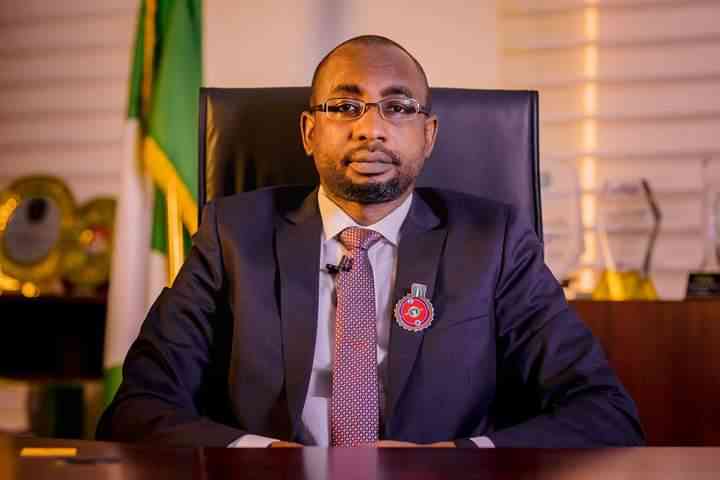
The director-general, National Information Technology Development Agency (NITDA), Mallam Kashifu Abdullahi, has reiterated that the agency’s priority is protecting the personal information of Nigerians online, as data remains a critical component of a digital economy.
Speaking during a panel discussion at the just-concluded Nigeria Bar Association (NBA) annual general conference (AGC) held in Port Harcourt, Rivers State, he noted that every moment spent on the internet leaves personal data footprints on social media (Facebook, Twitter, Instagram, etc) and search engines (Google, Bing, Yahoo, etc) making the companies richer through the personal data of individuals stored online.
Represented by Barr. Olufemi Daniel, Inuwa averred that research has shown that the value of individual personal data on digital platforms is about $12 per person, thus paving way for technology companies to generate revenue.
“Data is the lifeblood of Digital Economy that includes metadata. The amount of data globally in 2020 was 44 zettabytes which the world is expected to reach 75 billion in Internet of Things (IoT) devices by 2025,” he said.
The NITDA boss added that Nigeria Data Protection Regulation (NDPR) was issued in January 2019, under Section 6 (A, C) of the NITDA Act 2007, which is the current national law on data protection in Nigeria and applies to the public and private sector processing personal data within and outside Nigeria.
“The regulation is aimed at protecting the right to privacy, creating the right environment for digital transactions, job creation and improving information management practices in Nigeria,” he said.
The DG further divulged that the recent decision of the Court of Appeal in the case of Incorporated Digital Lawyers vs National Identity Management Commission (NIMC) (CA/IB/291/2020) showed that the judicial system has begun to appreciate the importance of the digital technology in modern life, especially with the court ruling that NDPR is the National Law on Data Protection and Extension of Section 37 of the Constitution of the Federal Republic of Nigeria.
Inuwa acknowledged the efforts of legal practitioners and encouraged them to stand at the cusp of history which, in every new historical revolution, a successful lawyer must be ready to learn, unlearn and relearn to remain learned, and the legal professional cannot afford to take a back seat in the digital economy space.


